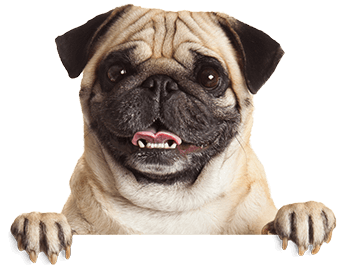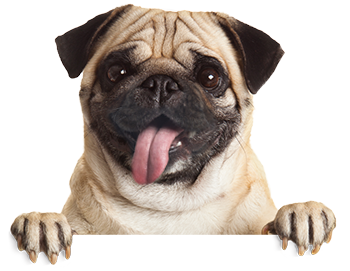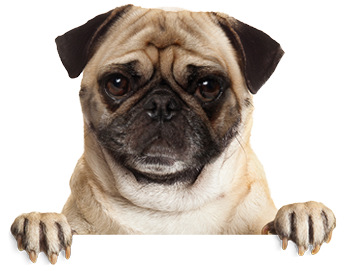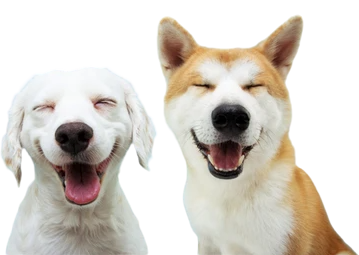Integrative Treatments for Mold Exposure in Pets: How Alternative Care Can Help
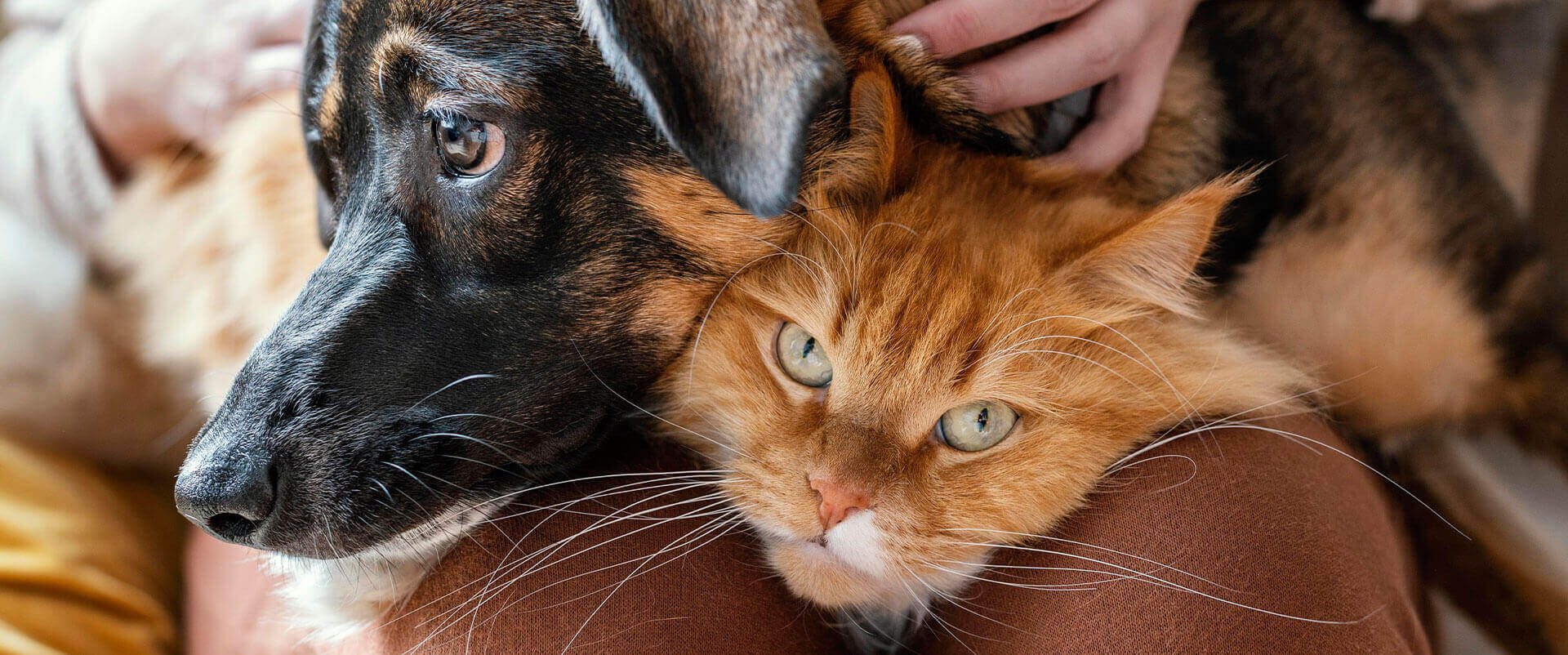
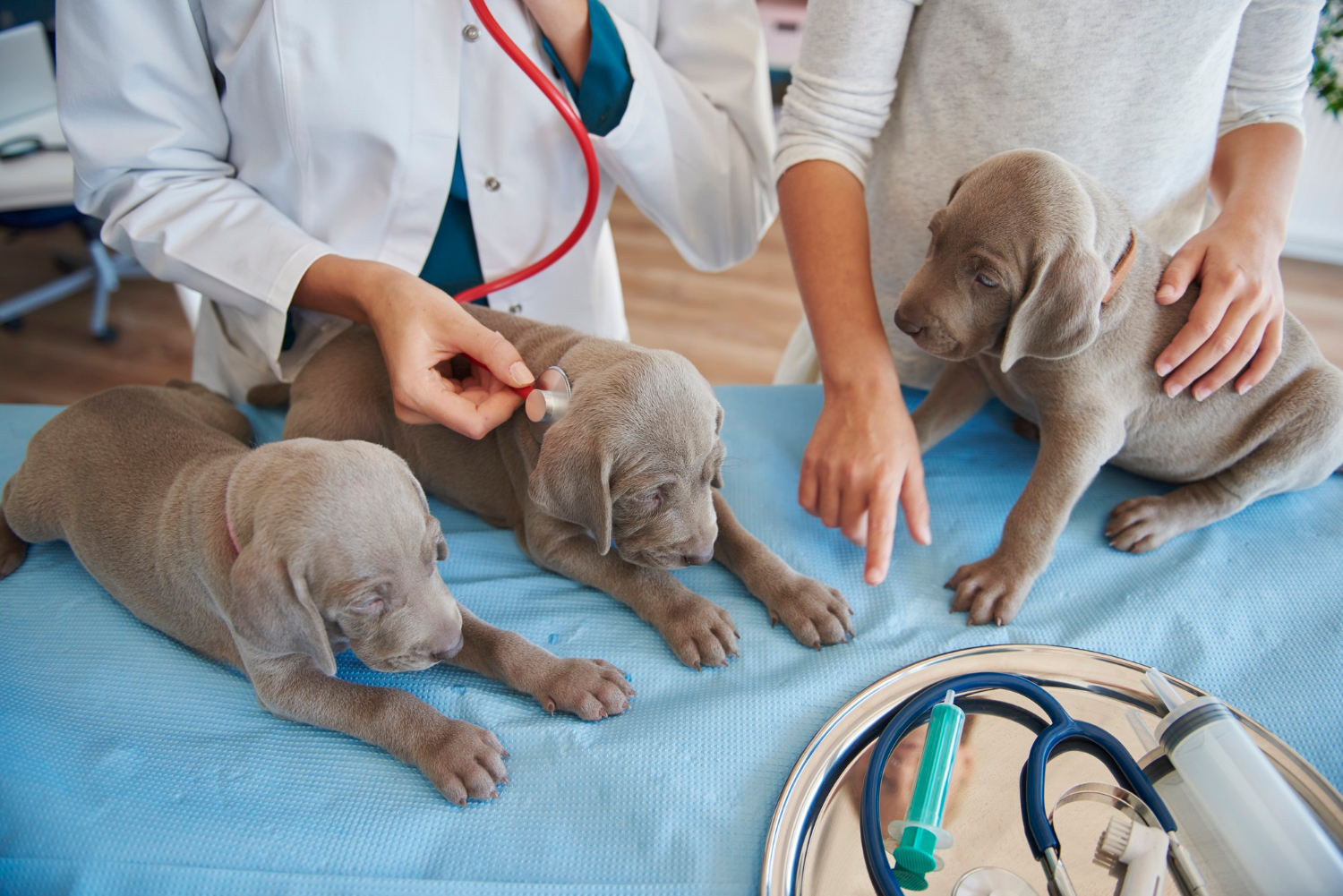
Mold exposure in pets can have a significant impact on the health and well-being of your furry friends. Symptoms can range from respiratory issues to skin allergies and digestive problems. While conventional veterinary care is essential, many pet owners in New Jersey are turning to integrative therapies to provide additional support and relief for their furry friends.
Acupuncture and Mold Exposure in Pets: How Traditional Techniques Can Alleviate Symptoms
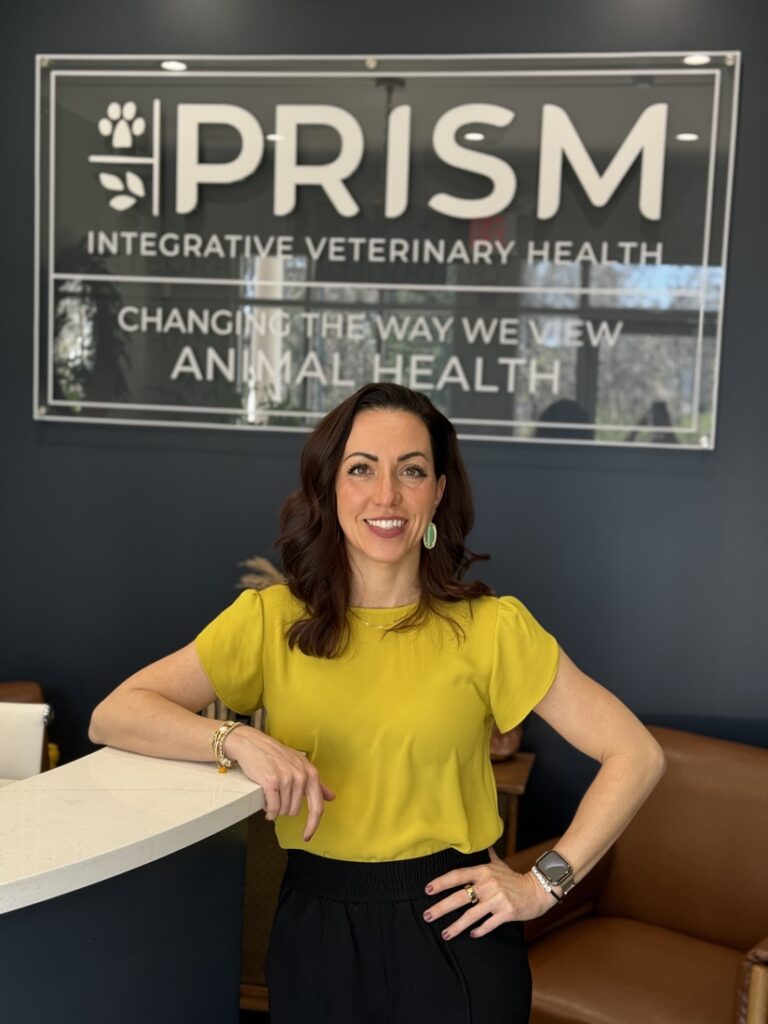
Acupuncture is a traditional Chinese medicine practice that involves inserting thin needles into specific points on the body. This technique has been used for centuries to treat various health conditions, including those related to mold exposure in pets.
By stimulating specific acupuncture points, practitioners can help:
- Reduce inflammation: Mold exposure can lead to inflammation throughout the body. Acupuncture can help reduce inflammation, alleviating symptoms like joint pain and skin irritation.
- Improve respiratory function: Acupuncture can help improve lung function and alleviate respiratory symptoms associated with mold exposure, such as coughing, wheezing, and difficulty breathing.
- Boost the immune system: A strong immune system is essential for fighting off the effects of mold exposure. Acupuncture can help stimulate the immune system, making it better equipped to combat the harmful effects of mold.
The Benefits of Integrative Nutrition for Pets with Mold Exposure: Tailoring Diets for Optimal Health
A well-balanced diet is crucial for supporting a pet’s overall health and helping them recover from mold exposure in pets. Integrative nutrition involves tailoring a pet’s diet to address specific health needs and concerns.
Key nutritional considerations for pets with mold exposure include:
- Antioxidant-rich foods: Foods rich in antioxidants, such as blueberries, spinach, and carrots, can help neutralize harmful free radicals produced by mold exposure.
- Omega-3 fatty acids: These fatty acids have anti-inflammatory properties and can help reduce symptoms associated with mold exposure.
- Probiotics: Probiotics can help restore balance to the gut microbiome, which is essential for overall health and immune function.
Integrative therapies like acupuncture and nutritional support can be valuable tools for helping pets recover from mold exposure. By combining these alternative approaches with traditional veterinary care, you can provide your furry friend with the best possible chance of healing and maintaining optimal health.
If your pet is experiencing symptoms related to mold exposure, consider exploring integrative therapies. Prism Integrative Veterinary Health offers a range of holistic treatments and nutritional support to help your pet recover and thrive. Contact us today to schedule a consultation.





